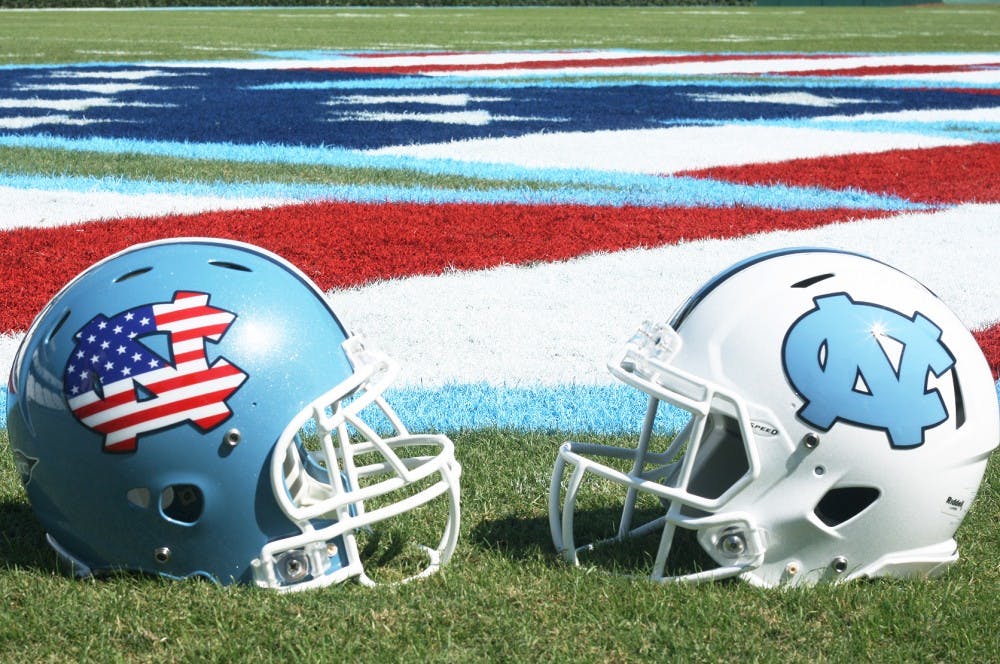Casinos in Las Vegas, one of the few safe havens for legal gambling, house a slim fraction of all bets made on sports.
Illegal gambling has been conducted for years across all demographics and all locations – even among the student body at UNC – and the recent Supreme Court strike down of the sports gambling prohibition likely won't disrupt much of the dark multi-billion dollar industry.
A former UNC-Chapel Hill student, who in order to protect his identity goes by the moniker “S,” has experience running an illegal interstate book, encompassing multiple collegiate and professional sports. He said he is familiar with all the highs and lows that come with the job.
Degenerate clients, private transactions and limited interaction with their fellow bookkeepers are all part of the underground grind for bookies trying to avoid detection. Most small time bookies therefore reacted with ambivalence to the Supreme Court’s 6-3 decision to strike down a 1992 law prohibiting sports gambling -- although it threatens their income, bringing the industry into the light will remove many of the headaches associated with illegal gambling.
Establishing an illegal book is not a complicated process in itself. Starting out is as easy as putting your credit card information into a website, often run overseas to maintain legality, S said. The next step is finding a client base.
“I could add an agent to the book with the click of a button, without ever putting down their name or contact information,” S said. “It felt safer for everyone that way, and gave off the mirage of invincibility.”
S was introduced to one of the bigger ‘backs’ in the college gambling scene by a mutual friend. The ‘back of the book’ is the person involved that puts up the most collateral in order to get the process started.
S said the Ohio-based back was looking to expand his operation into UNC, and the connections S had to students at Carolina, enthusiasts across the country and a fleet of "trust fund babies in NY" made him a perfect addition.
“It was mostly a business relationship,” S said. “We would make fun of the kids who were betting on Japanese baseball at 3 a.m., and get hyped up when a good week hit us. The downside was collecting money from your friends, which is never fun.”



